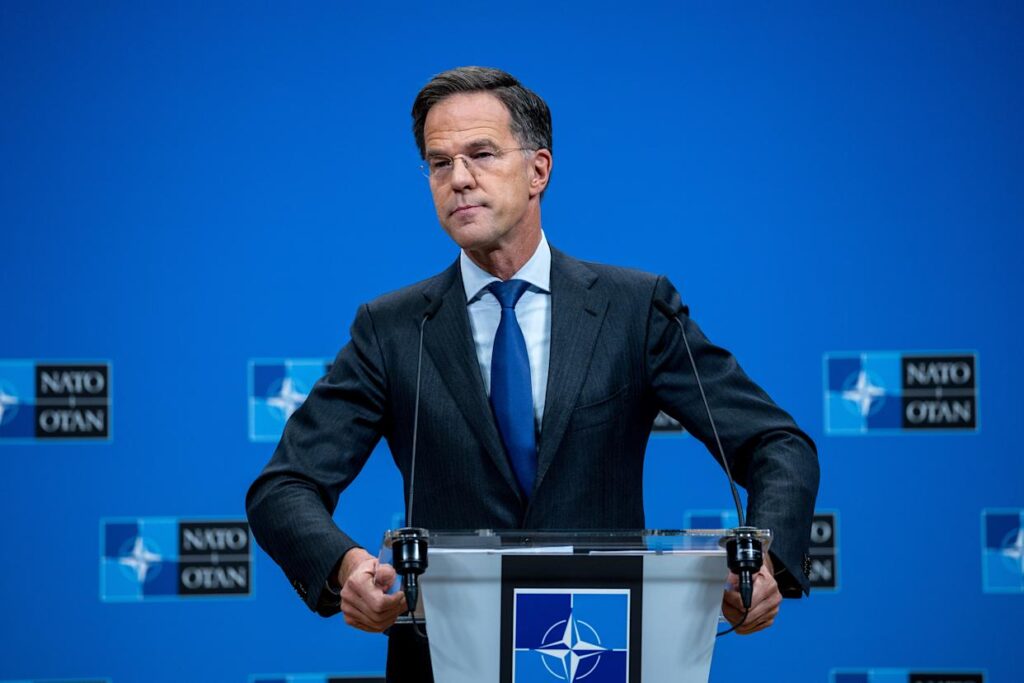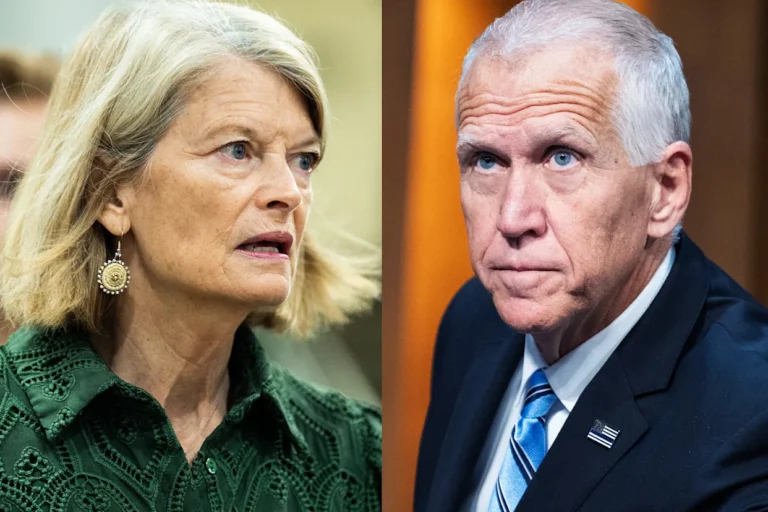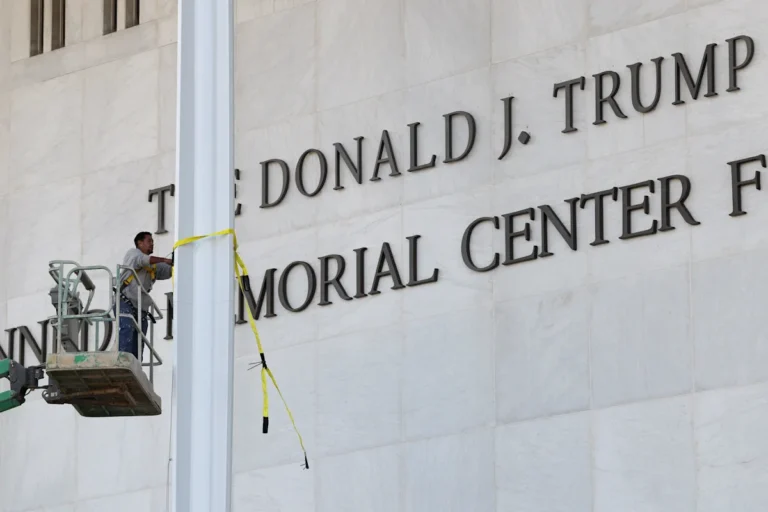
NATO wants a ‘focused’ summit amid wars in Iran and Ukraine
As NATO countries gather in The Hague this week, Russia has launched a new offensive in Ukraine, the Pentagon has begun reviewing its spread of forces in Europe and the Trump administration has just conducted unprecedented military strikes against Iran.
But ask many European officials how this will affect this year’s meeting, and they’ll say it won’t.
“It’s a very focused summit,” a senior NATO official, speaking on the condition of anonymity, told reporters last week.
While in The Hague, the member countries will make a massive defense spending pledge to allocate 3.5% of GDP spent to defense and another 1.5% to other security-related areas, such as infrastructure.
The commitment would far outpace NATO’s current floor of 2%, which only two-thirds of its countries already meet. And it’s meant to satisfy a key demand of U.S. President Donald Trump, who’s cast doubt on America’s role in the alliance if its members don’t spend more.
“It’s really nothing short of a reset of our approach to defense,” the NATO official said.
And yet, in private, NATO members concede a much greater deal of anxiety.
Even as Russia expands its offensive in Ukraine, the Pentagon is reviewing its posture around the world, an effort expected to conclude by the late summer or early fall. European officials widely expect that review to end with the U.S. reducing its number of forces on the continent, now around 80,000.
In the interim, many European officials are parsing whatever the Pentagon says on its posture for signs of reassurance or warning. The outgoing head of U.S. European Command, Gen. Chris Cavoli, recommended that America maintain its current share of forces on the continent while testifying before Congress in April. But defense officials, particularly those in the Pentagon’s policy offices, have privately signaled that a drawdown is likely.
The staggered announcements have led to some frustration among NATO countries weighing how to fill whatever gaps are left. While at the summit, the alliance will agree to a new set of capability targets — or the share of equipment and units each country should contribute to the whole. If America drastically reduces its own forces on the continent, that would impact what European countries must add themselves.
That sequence of events already has some officials looking past this week’s summit, wary that any decisions may prove obsolete.











